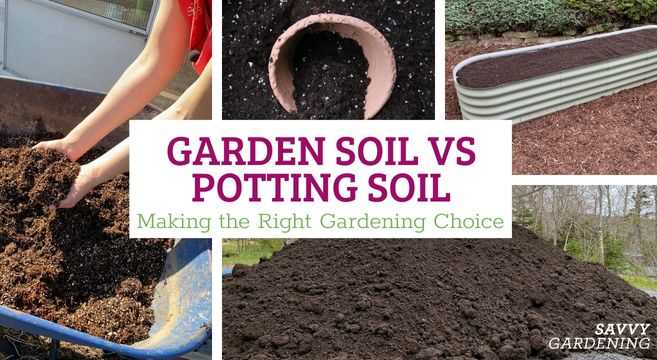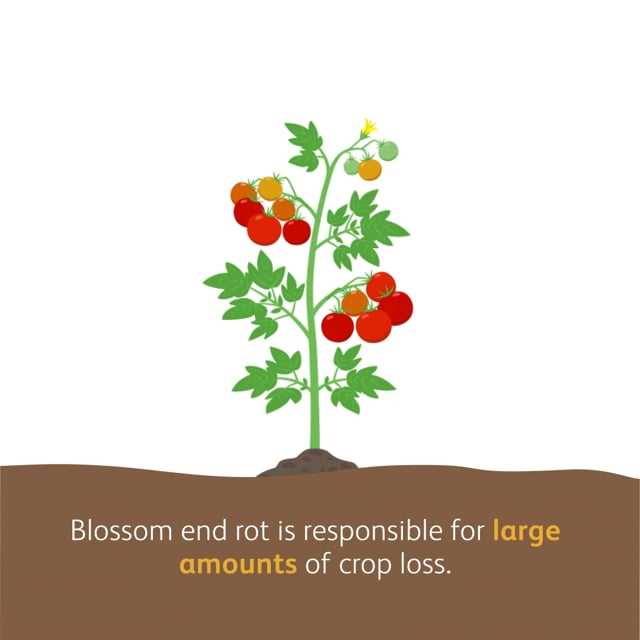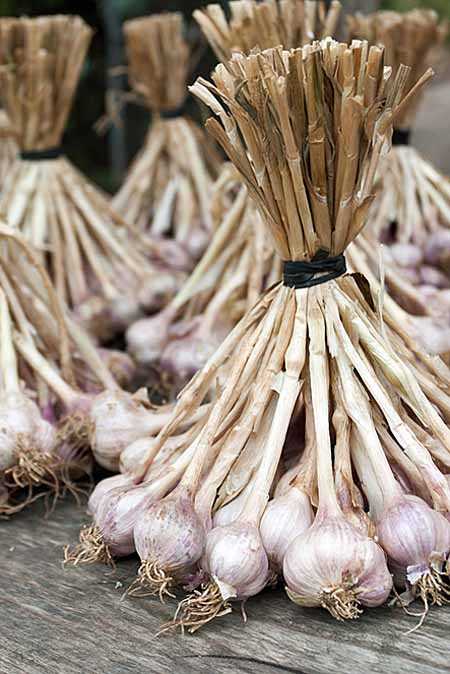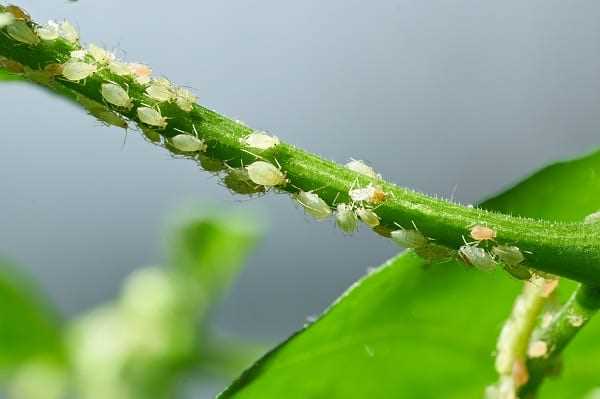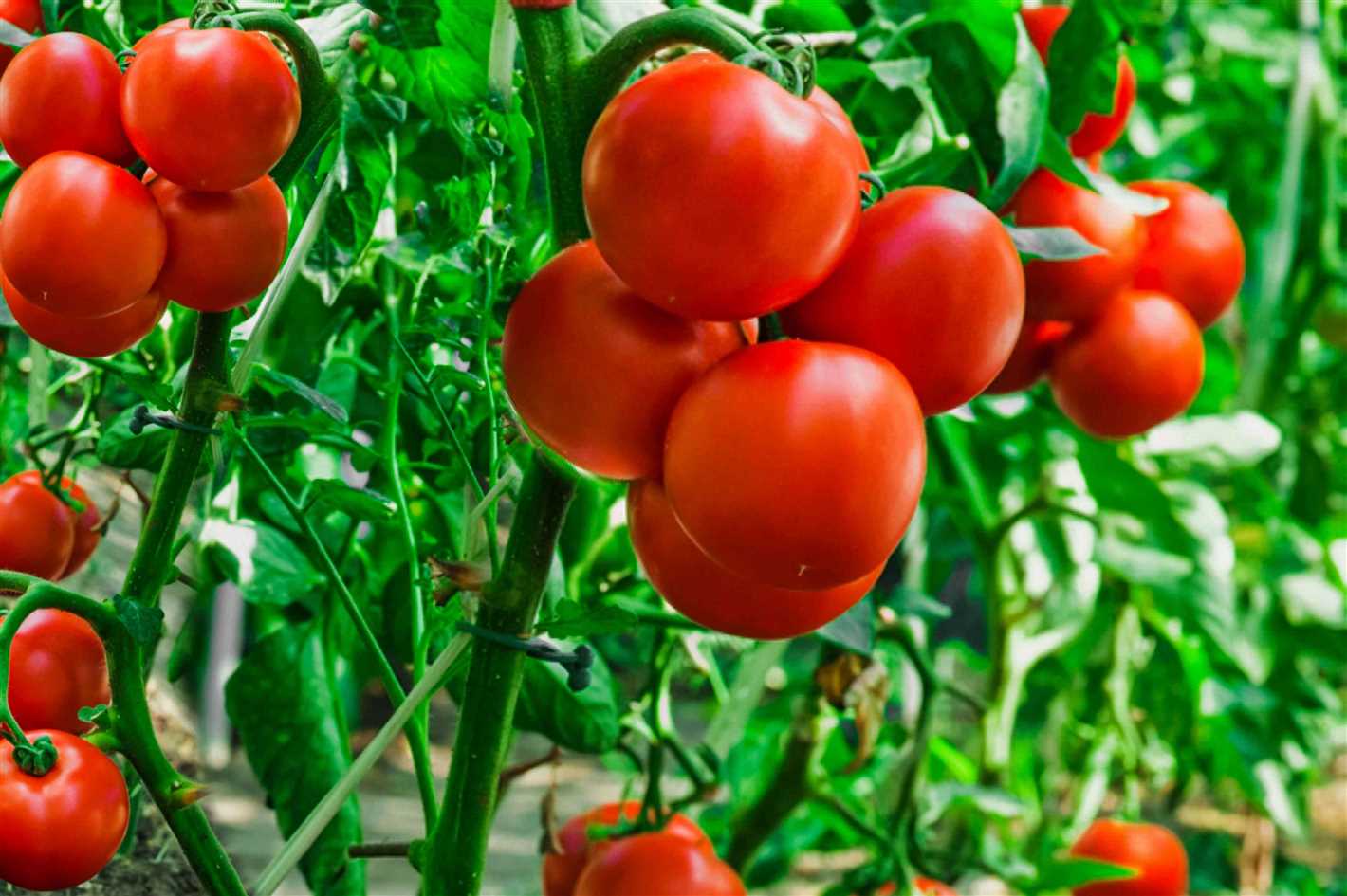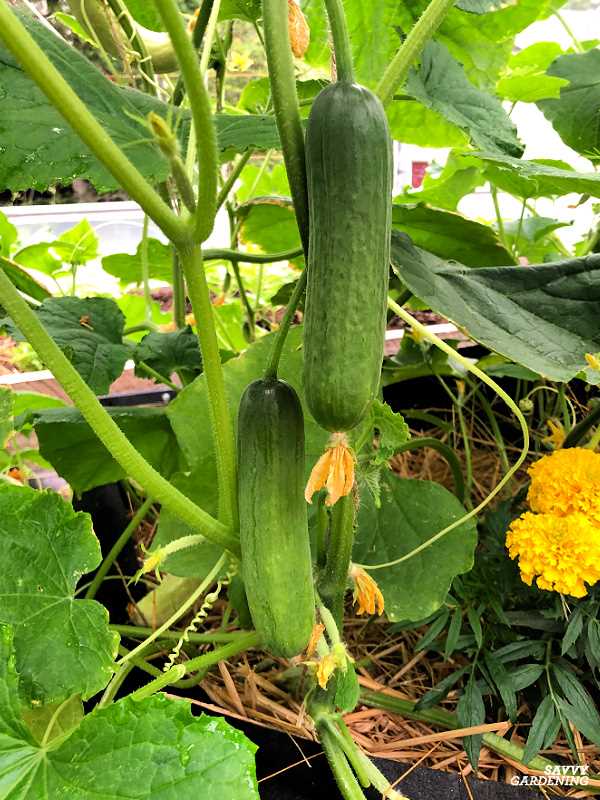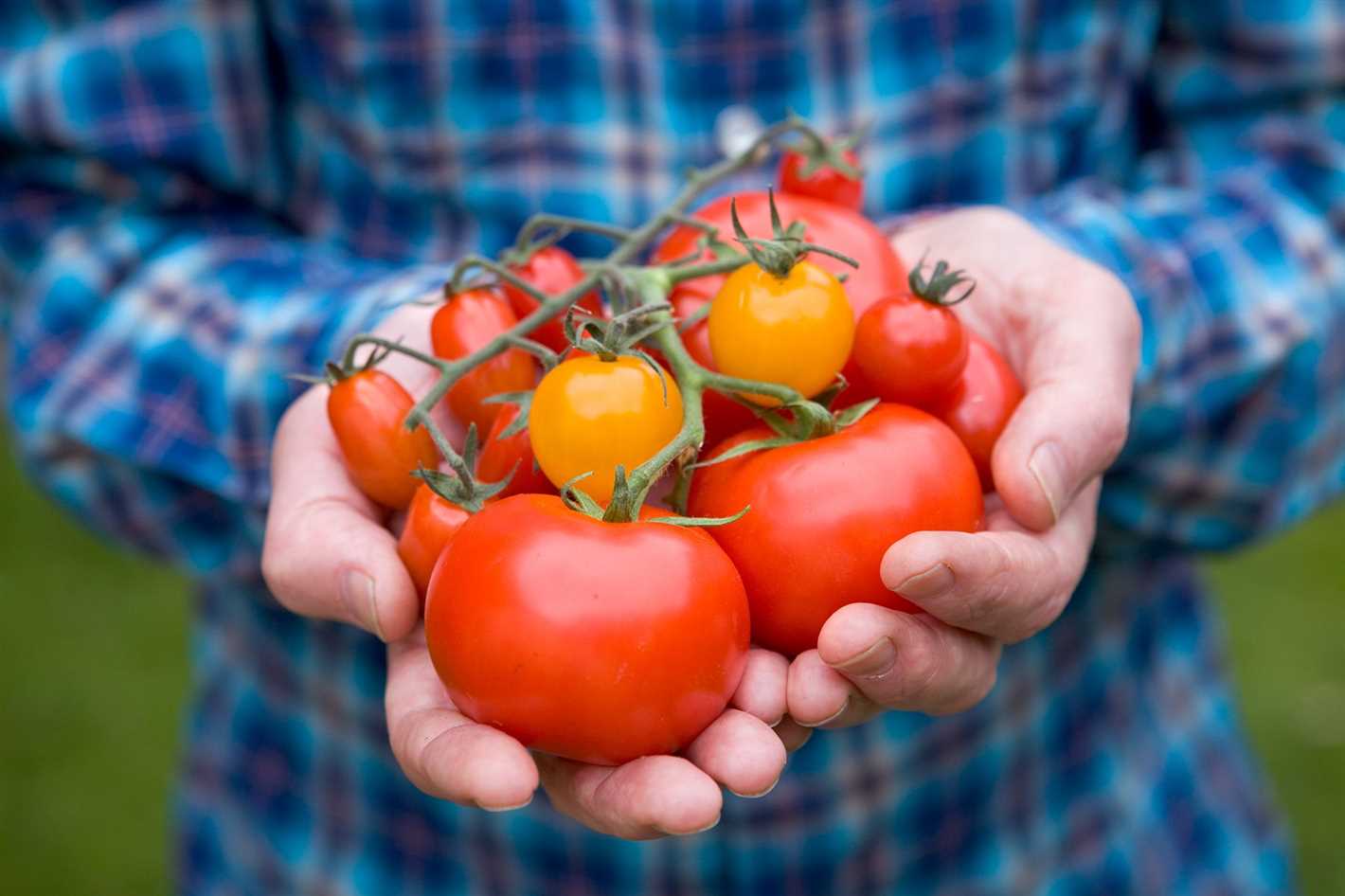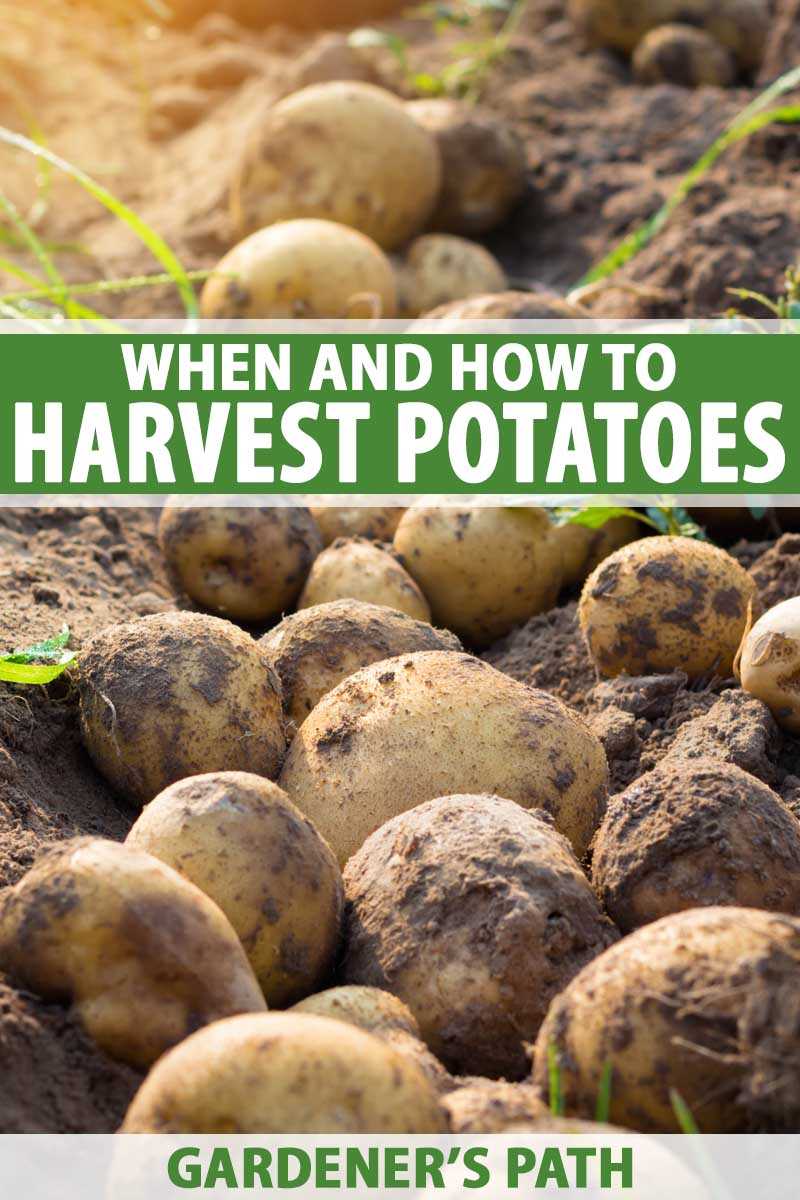- The Benefits of Yeast Solution for Plant Growth
- 1. Enhanced Nutrient Uptake
- 2. Improved Root Development
- 3. Increased Resistance to Stress
- 4. Enhanced Photosynthesis and Chlorophyll Production
- 5. Environmental Friendliness
- 6. Easy Application
- Increased Growth and Yield
- Enhanced Nutrient Uptake
- Promotion of Root Development
- Improved Disease Resistance
- Increased Photosynthesis Efficiency
- Accelerated Flowering and Fruiting
- Conclusion
- Enhanced Nutrient Absorption
- Strengthened Plant Immunity
- How does yeast solution enhance plant immunity?
- Benefits of strengthened plant immunity
- Natural Pest and Disease Control
- Pest Control
- Disease Control
- Improved Root Development
- Increased Drought and Heat Resistance
- Extended Shelf Life of Fruits and Vegetables
- Role of Yeast Solution
- Application Methods
- Benefits of Extended Shelf Life
- Conclusion
- Environmentally Friendly Alternative to Chemical Fertilizers
- Benefits of Yeast Solution
- Application of Yeast Solution
- Conclusion
- “Question-Answer”
- How does yeast solution work as a growth stimulator?
- What benefits does yeast solution provide to plants?
- Can yeast solution be used on all types of plants?
- How should yeast solution be applied to plants?
- Are there any precautions or side effects when using yeast solution?
- How long does it take to see the effects of yeast solution on plant growth?
- Can yeast solution be used as a substitute for chemical fertilizers?
- “Video” Boost Your Energy Naturally: Superfoods for Vitality and Stamina
In recent years, researchers have been uncovering the benefits of using yeast solution as a growth stimulator and plant immunity booster. Yeast, a single-celled fungus, has long been known for its role in the fermenting and leavening processes of baking, but its potential as a natural growth enhancer for plants has been largely untapped.
Studies have shown that yeast solution can improve a plant’s overall health and productivity by increasing root growth, nutrient absorption, and resistance to diseases and pests. The secret lies in the rich array of nutrients and growth factors present in yeast, including vitamins, enzymes, amino acids, and hormones.
When applied to plants, the yeast solution acts as a stimulant, triggering a variety of biological responses that lead to enhanced growth and immunity. It promotes root development, allowing plants to take up water and nutrients more efficiently, resulting in stronger, healthier plants.
Furthermore, the yeast solution has been found to increase a plant’s resistance to diseases and pests by activating its natural defense mechanisms. This immune-boosting effect helps plants fight off harmful organisms, reducing the need for chemical pesticides and improving overall crop yield.
With its natural composition and environmentally friendly nature, yeast solution is a promising solution for sustainable agriculture. Its ability to stimulate plant growth and enhance immunity offers numerous benefits for both farmers and consumers, including increased yields, reduced reliance on synthetic fertilizers and pesticides, and improved food quality.
The Benefits of Yeast Solution for Plant Growth
Yeast solution has been recognized as a powerful growth stimulator and plant immunity booster. Its application in plant growth has shown numerous benefits that contribute to the overall health and productivity of plants.
1. Enhanced Nutrient Uptake
Yeast solution contains essential nutrients and micronutrients that are easily absorbed by plants. When applied to the soil or sprayed directly on the foliage, the yeast solution helps plants to efficiently absorb nutrients such as nitrogen, phosphorus, and potassium. This enhanced nutrient uptake promotes healthy and vigorous growth.
2. Improved Root Development
The use of yeast solution stimulates the development of a strong and well-established root system. The beneficial microorganisms in yeast solution help to improve soil structure and increase the availability of nutrients. This results in plants with healthier and more extensive root systems, which in turn enhance nutrient uptake and water absorption.
3. Increased Resistance to Stress
Yeast solution acts as a natural defense mechanism for plants. Its application triggers the activation of plant defense responses, making them more resistant to various abiotic and biotic stresses. This includes protection against drought, heat, cold, diseases, and pests. By boosting the plant’s immune system, yeast solution helps minimize damage and enhances plant survival rates.
4. Enhanced Photosynthesis and Chlorophyll Production
Yeast solution provides plants with essential amino acids and vitamins that are vital for photosynthesis. It increases chlorophyll production, improving the plant’s ability to capture light energy and convert it into chemical energy. This leads to increased plant productivity and higher yields.
5. Environmental Friendliness
Yeast solution is a natural and eco-friendly alternative to synthetic growth stimulators and pesticides. It is non-toxic and does not harm the environment, beneficial insects, or wildlife. Its use promotes sustainable agricultural practices and reduces the reliance on chemical inputs.
6. Easy Application
Using yeast solution as a growth stimulator is simple and cost-effective. It can be applied as a foliar spray, root drench, or incorporated into the soil during planting. Its compatibility with other organic inputs allows for easy integration into existing cultivation practices.
Overall, the benefits of yeast solution for plant growth make it an excellent choice for farmers, gardeners, and horticulturists looking to maximize plant health, yield, and environmental sustainability. Its natural properties and positive impact on plants make it a valuable tool in modern agriculture.
Increased Growth and Yield
Utilizing yeast solution as a growth stimulator and plant immunity booster has been shown to significantly increase the growth and yield of various plants. This natural solution provides plants with essential nutrients and compounds that promote their overall health and productivity.
Enhanced Nutrient Uptake
One of the key ways in which yeast solution promotes increased growth and yield is by enhancing the plant’s ability to absorb and utilize nutrients. The yeast solution contains amino acids, vitamins, and enzymes that stimulate root development and improve nutrient uptake. This leads to better overall nutrient absorption and utilization by the plant.
Promotion of Root Development
The presence of beneficial compounds in yeast solution, such as auxins and cytokinins, helps to promote root development. These compounds stimulate cell division and elongation, leading to the development of a strong and healthy root system. A well-developed root system allows plants to access water and nutrients more effectively, resulting in increased growth and yield.
Improved Disease Resistance
Yeast solution also acts as a plant immunity booster, protecting plants from various diseases and pathogens. It contains natural compounds that trigger the plant’s defense mechanisms, strengthening its immune system. As a result, plants treated with yeast solution are better able to resist diseases and recover more quickly from stressors, leading to improved growth and yield.
Increased Photosynthesis Efficiency
Yeast solution can enhance the efficiency of photosynthesis, the process by which plants convert sunlight into energy. The solution contains enzymes and growth regulators that optimize the plant’s photosynthetic capacity, leading to increased photosynthesis rates. This, in turn, boosts the plant’s growth and yield potential.
Accelerated Flowering and Fruiting
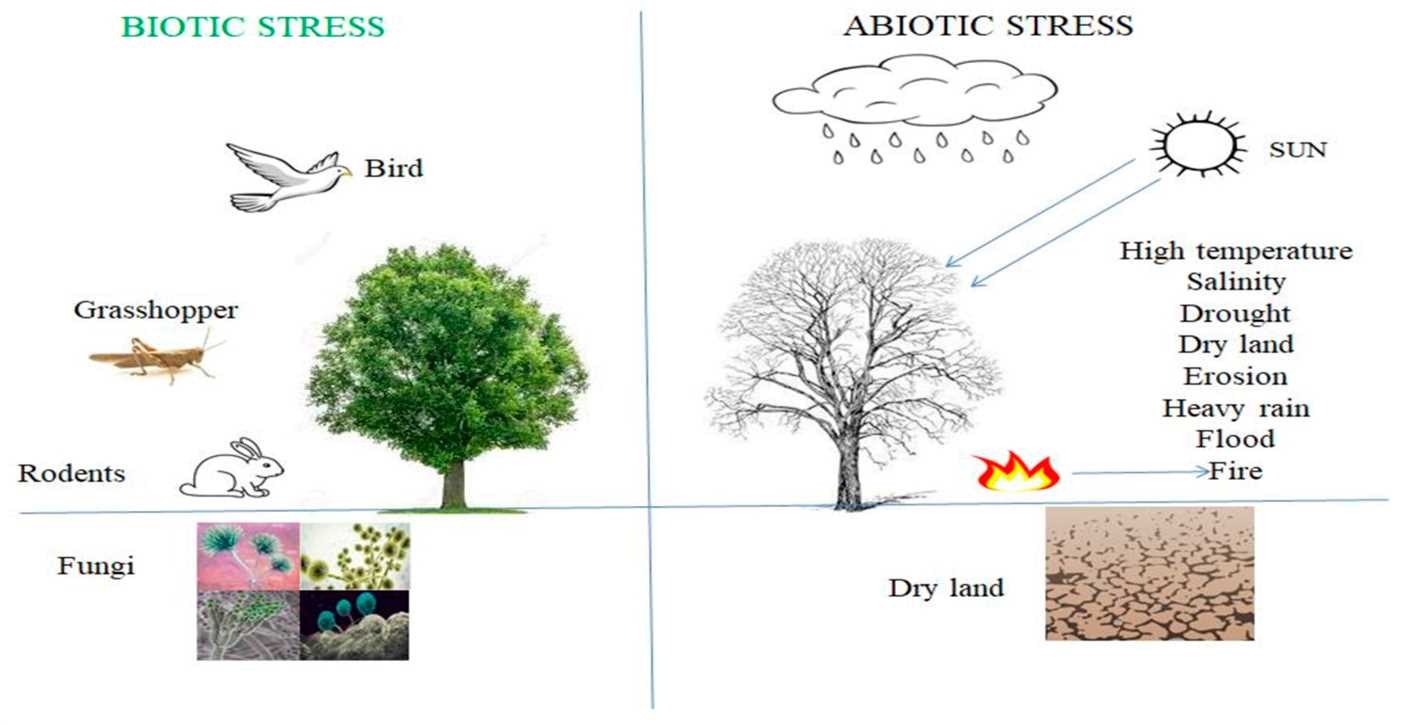
By providing plants with essential nutrients and bioactive compounds, yeast solution can accelerate the flowering and fruiting processes. The solution helps to regulate plant hormone levels, promoting the development of flowers and fruits. This leads to earlier and more abundant flowering and fruiting, ultimately resulting in increased yield.
Conclusion
The use of yeast solution as a growth stimulator and plant immunity booster has proven to be highly beneficial for increasing the growth and yield of various plants. By improving nutrient uptake, promoting root development, enhancing disease resistance, increasing photosynthesis efficiency, and accelerating flowering and fruiting, yeast solution provides plants with the necessary support to thrive and produce optimal yields.
Enhanced Nutrient Absorption
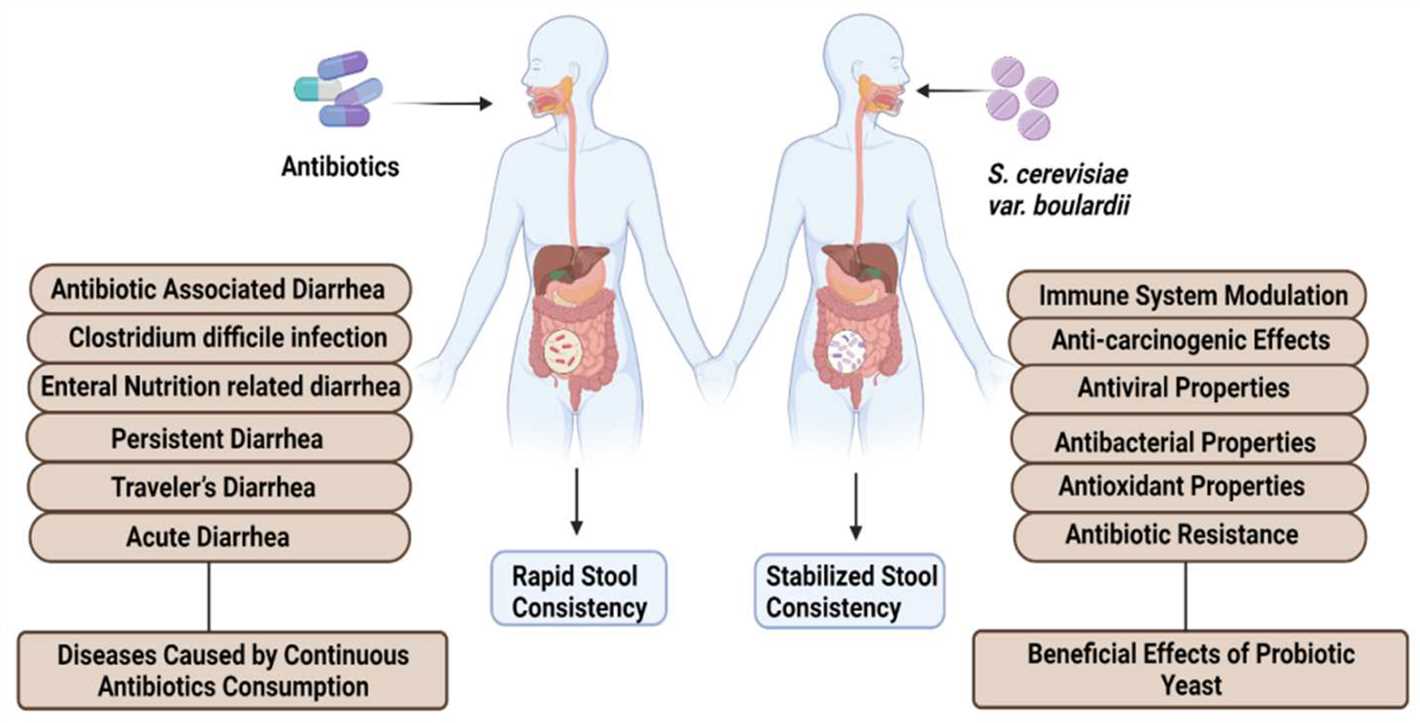
One of the key benefits of yeast solution as a growth stimulator and plant immunity booster is its ability to enhance nutrient absorption in plants. This is due to the presence of various beneficial compounds and enzymes in the yeast solution that facilitate efficient nutrient uptake by plant roots.
Improved Soil Health: Yeast solution improves the health of the soil by promoting the growth of beneficial microorganisms, such as bacteria and fungi. These microorganisms form symbiotic relationships with plant roots, creating a beneficial environment for nutrient absorption.
Increased Root Growth: The application of yeast solution stimulates root growth, resulting in a larger surface area for nutrient absorption. This increased root mass allows plants to extract a greater amount of nutrients from the soil, leading to improved growth and development.
Enhanced Nutrient Mobilization: Yeast solution contains enzymes that break down organic matter in the soil, making nutrients more readily available for plant uptake. This improves the efficiency of nutrient absorption and reduces the risk of nutrient deficiencies in plants.
Improved Water Uptake: The presence of yeast solution in the soil enhances water holding capacity, ensuring plants have access to an adequate water supply. This promotes efficient nutrient transport within the plant and prevents water stress, allowing for optimal nutrient absorption.
Increased Nutrient Utilization: Yeast solution enhances the enzymatic activity in plants, enabling them to effectively utilize absorbed nutrients. This results in improved nutrient utilization efficiency and enhanced plant growth and development.
In conclusion, yeast solution acts as a powerful growth stimulator and plant immunity booster by enhancing nutrient absorption in plants. Its ability to improve soil health, increase root growth, enhance nutrient mobilization, improve water uptake, and increase nutrient utilization contributes to overall plant health and productivity.
Strengthened Plant Immunity
Yeast solution has been proven to significantly strengthen plant immunity, making them better equipped to fight off diseases and pests. By stimulating the plant’s defense mechanisms, yeast solution acts as a natural booster for plant immunity.
How does yeast solution enhance plant immunity?
- Induces systemic resistance: Yeast solution activates the plant’s systemic acquired resistance (SAR), which is the plant’s natural defense mechanism against pathogens. This induction helps the plant to build immunity against a wide range of diseases.
- Boosts production of defense proteins: Yeast solution triggers the production of defense proteins such as chitinases and glucanases, which help in breaking down the cell walls of pathogens, preventing them from infecting the plant.
- Increases antioxidant activity: Yeast solution enhances the antioxidant activity in plants, which helps in reducing oxidative stress and preventing damage caused by reactive oxygen species. Strong antioxidants enable the plant to recover quickly from stress and strengthen its overall immunity.
- Promotes growth of beneficial microorganisms: Yeast solution acts as a growth stimulator for beneficial microorganisms such as mycorrhizal fungi and rhizobacteria, which form symbiotic relationships with plants. These microorganisms not only enhance nutrient uptake but also have a positive impact on the plant’s immunity by competing against harmful pathogens.
Benefits of strengthened plant immunity
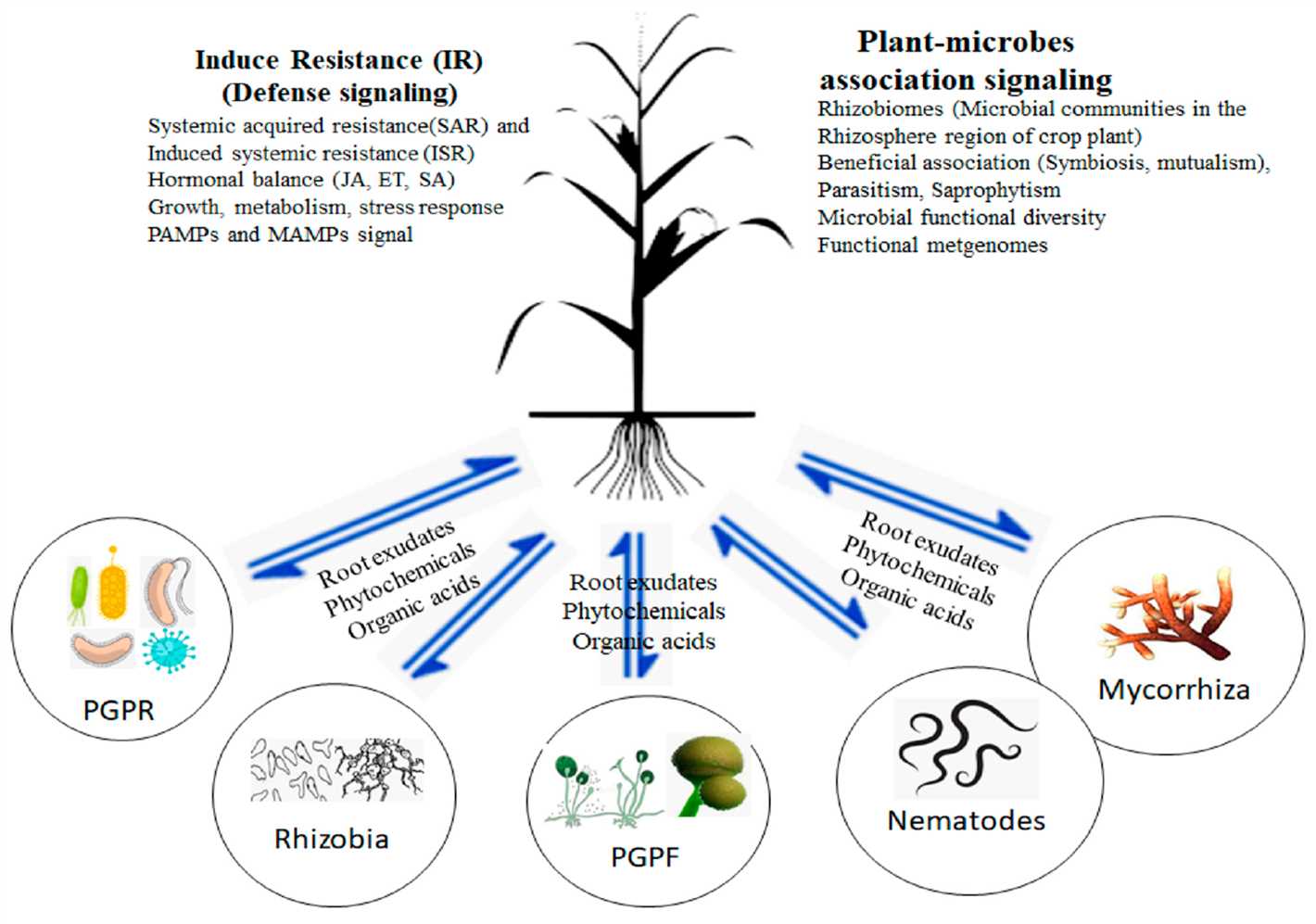
When plants have a stronger immune system, they are able to resist infections, recover faster from stress, and maintain overall health and vigor. This has several benefits for both farmers and gardeners, including:
- Reduced need for chemical pesticides: With enhanced immunity, plants are less susceptible to diseases and pests, reducing the need for chemical interventions. This leads to a more sustainable and environmentally friendly approach to farming and gardening.
- Higher crop yields: Strengthened plant immunity ensures better plant health, ultimately resulting in higher crop yields. Immune plants are more likely to survive adverse conditions and produce abundant, high-quality harvests.
- Improved plant resilience: A strong immune system allows plants to withstand environmental stresses such as drought, extreme temperatures, and nutrient deficiencies. This resilience helps plants to survive and thrive in challenging growing conditions.
- Longer shelf life: Strengthened immunity can also contribute to longer shelf life for harvested crops. Immune plants are less prone to post-harvest diseases, ensuring that the produce remains fresh and marketable for longer periods.
Overall, the use of yeast solution as a growth stimulator and plant immunity booster can greatly benefit plant health, agricultural practices, and our environment.
Natural Pest and Disease Control
One of the major benefits of using yeast solution as a growth stimulator and plant immunity booster is its effectiveness in controlling pests and diseases naturally. This natural solution can help gardeners reduce or eliminate the need for harmful chemical pesticides, which can have negative effects on the environment and human health.
Pest Control
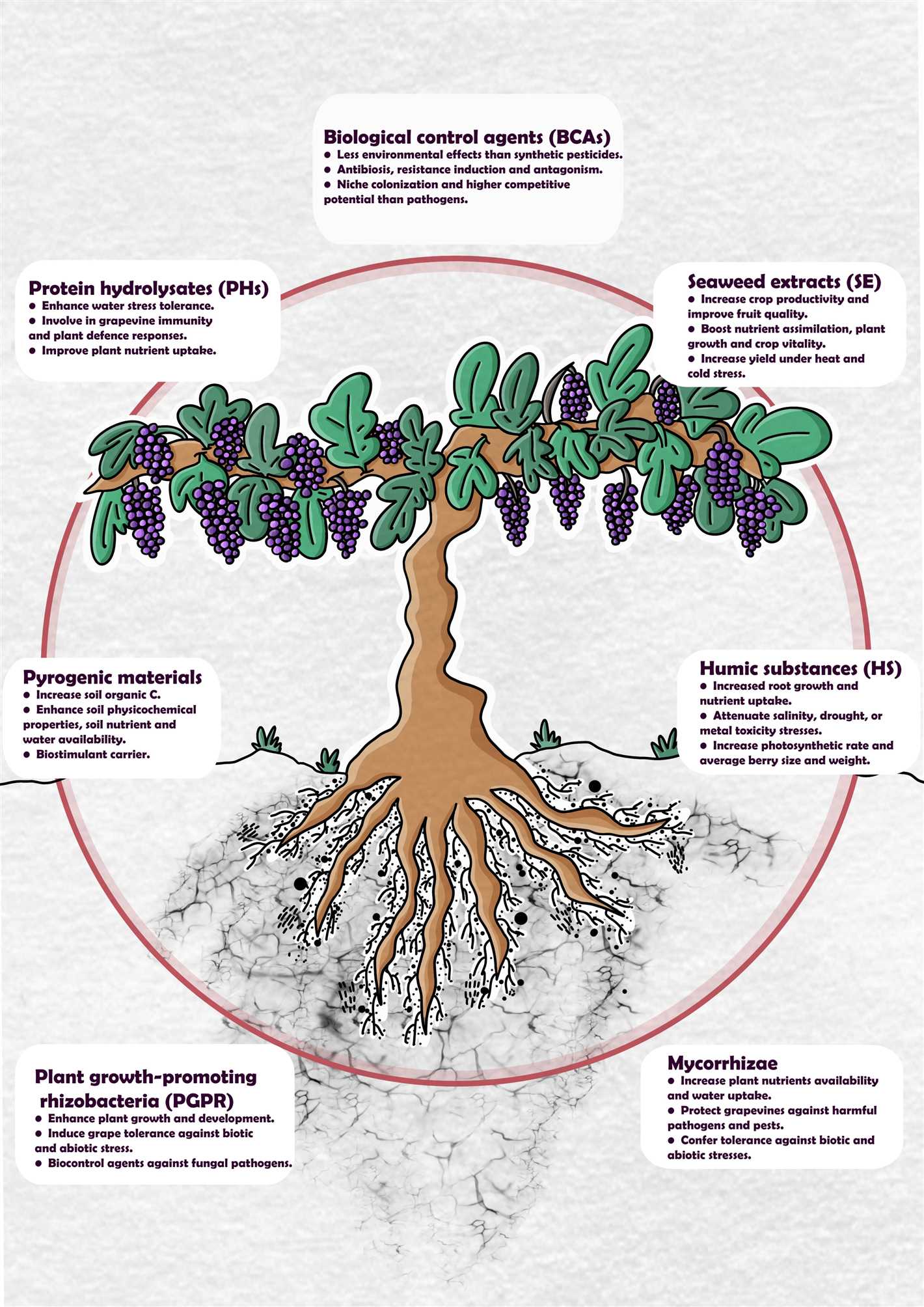
- Aphids: Aphids are small insects that can infest plants and cause damage. Using yeast solution can help control aphid populations by acting as a repellent and disrupting their feeding patterns.
- Caterpillars: Caterpillars can be a common pest in gardens, feeding on plant leaves and causing damage. Yeast solution can be sprayed on plants to deter caterpillars and reduce their population.
- Slugs and Snails: These pests can be a nuisance in the garden, eating away at plant leaves and fruits. Yeast solution, when applied as a barrier around plants, can repel slugs and snails due to its strong smell.
Disease Control
- Fungal Diseases: Yeast solution has antifungal properties that can help control common fungal diseases, such as powdery mildew, rust, and black spot. When applied to plants, it can inhibit the growth and spread of fungal spores.
- Bacterial Diseases: Some bacterial diseases, like bacterial leaf spot and bacterial wilt, can cause serious damage to plants. Yeast solution can help suppress the growth of these bacteria and prevent the spread of infection.
- Viral Diseases: While viral diseases are difficult to treat once plants are infected, yeast solution can boost the immune system of plants, making them more resistant to viral attacks.
By using yeast solution as a natural pest and disease control method, gardeners can create a healthier and more eco-friendly garden environment. This approach not only protects plants from pests and diseases but also promotes overall plant growth and vitality.
Improved Root Development
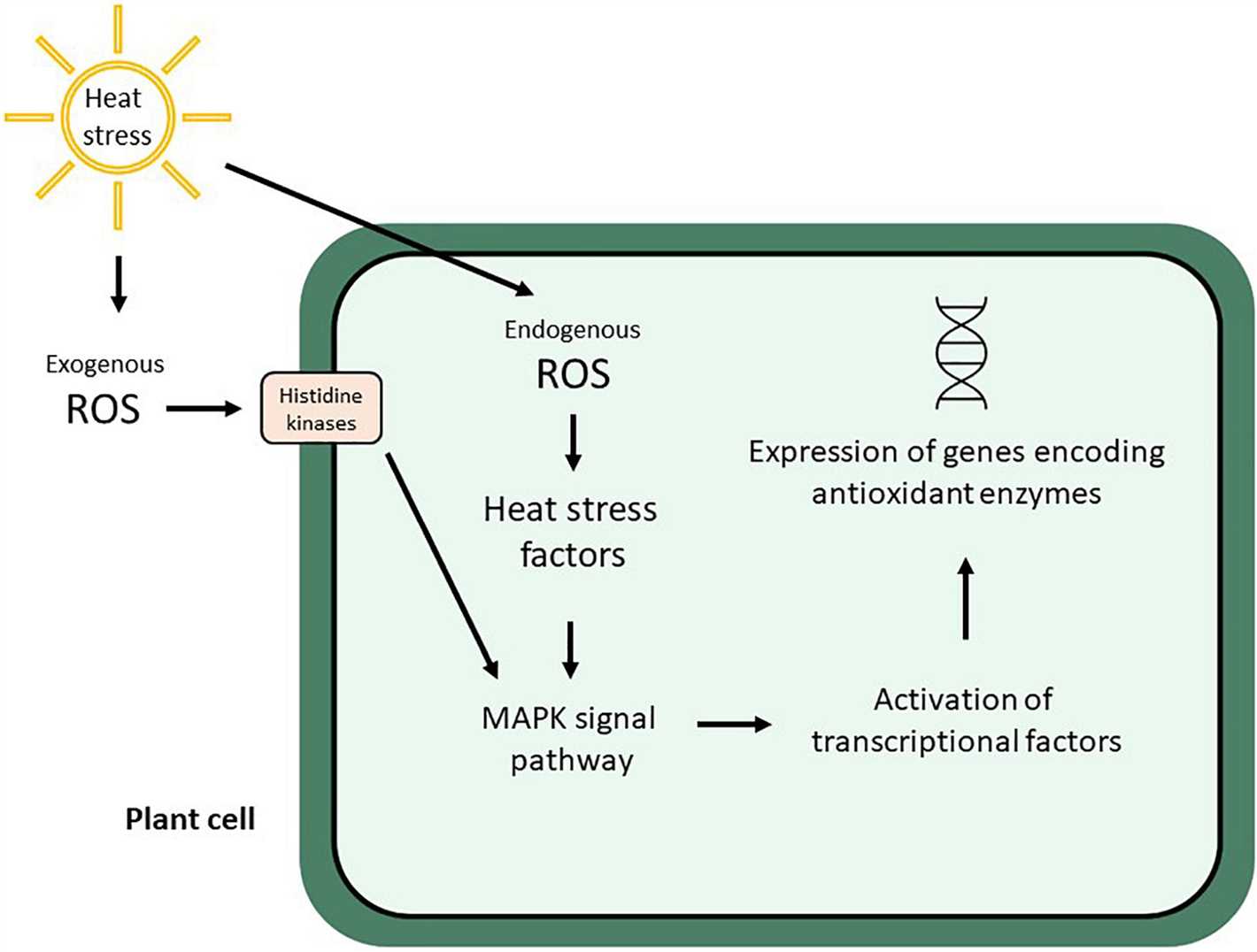
One of the key benefits of using yeast solution as a growth stimulator is the improved root development it provides for plants. The yeast solution contains essential nutrients and compounds that promote healthy root growth and strengthen the overall structure of the plant roots.
When plants are treated with yeast solution, they experience an increase in root length and thickness, allowing for better absorption of water and nutrients from the soil. This enables plants to establish a stronger foundation and enhances their ability to withstand various environmental stressors, such as drought or nutrient deficiencies.
Benefits of improved root development include:
- Increased nutrient uptake: With enhanced root development, plants have a larger surface area for nutrient absorption. This leads to improved nutrient uptake, resulting in healthier and more vibrant plants.
- Better water absorption: Stronger root systems allow plants to absorb more water from the soil, reducing the risk of water stress and improving overall hydration.
- Improved stability: Plants with healthy roots are better anchored in the soil, making them more resistant to wind and other external stresses that could cause the plant to become uprooted or damaged.
- Enhanced disease resistance: The improved root development provided by yeast solution helps plants build a stronger immune system. This enables them to better defend against pathogens and diseases, resulting in overall improved plant health.
- Faster growth: As the root system becomes more efficient in absorbing water and nutrients, plants experience faster growth rates. This can lead to earlier flowering, increased fruit production, and overall better plant productivity.
By enhancing root development, yeast solution acts as a catalyst for improving plant growth and provides plants with a stronger foundation for healthy development.
Increased Drought and Heat Resistance
Yeast solution has been found to enhance plants’ ability to withstand periods of drought and heat stress. This is a crucial advantage in regions with arid or semi-arid climates, where water scarcity and high temperatures can severely affect crop production.
When plants are exposed to drought conditions, they experience water deficit, which can lead to reduced photosynthetic activity, wilting, and ultimately, plant death. Heat stress, on the other hand, can cause protein denaturation, oxidative damage, and impaired metabolic processes.
Yeast solution acts as a growth stimulator and plant immunity booster, helping plants to overcome these challenges. By applying yeast solution to plants, the beneficial microorganisms present in the solution colonize the plant’s root system and stimulate the production of stress-related hormones, such as abscisic acid and jasmonic acid.
Abscisic acid helps control plant water balance by regulating stomatal closure, reducing transpiration and conserving water during drought conditions. It also enhances the synthesis of proteins that protect against oxidative damage caused by drought and heat stress.
Jasmonic acid plays a crucial role in the plant’s defense against herbivores and pathogens. It helps activate defense genes and the production of secondary metabolites, such as antioxidants and antimicrobial compounds, which can protect the plant from oxidative stress and other damage caused by drought and heat.
Furthermore, yeast solution enhances root development and nutrient uptake, improving the plant’s ability to access water and nutrients in the soil. This increased root growth also helps stabilize soil structure, preventing erosion and improving water retention capacity.
Overall, the application of yeast solution as a growth stimulator and plant immunity booster can significantly increase the drought and heat resistance of plants, improving their survival and productivity in challenging environmental conditions.
Extended Shelf Life of Fruits and Vegetables
Fruits and vegetables are highly nutritious but have a limited shelf life due to natural processes such as ripening, microbial spoilage, and enzymatic degradation. However, by using yeast solution as a growth stimulator and plant immunity booster, it is possible to extend the shelf life of these perishable products.
Role of Yeast Solution
Yeast solution, obtained from the fermentation of yeast cells, contains beneficial compounds like vitamins, minerals, enzymes, and organic acids that can effectively inhibit the growth of spoilage-causing microorganisms and delay the ripening process of fruits and vegetables.
Inhibition of Microbial Growth
Yeast solution acts as a natural preservative by producing antimicrobial compounds that can inhibit the growth of pathogens and spoilage-causing microorganisms. These compounds create a hostile environment for microorganisms, preventing their proliferation and extending the shelf life of fruits and vegetables.
Delaying Ripening Process
Yeast solution contains enzymes and organic acids that can regulate the production of ethylene gas, a hormone responsible for the ripening process. By reducing ethylene production, yeast solution slows down the ripening process, keeping fruits and vegetables fresh for a longer time.
Application Methods
There are several application methods for yeast solution to extend the shelf life of fruits and vegetables:
- Dipping Method: Fruits and vegetables can be dipped in a solution containing the appropriate concentration of yeast. This ensures that the surface of the produce is coated with yeast solution, providing protection against microbial spoilage.
- Spraying Method: Yeast solution can be sprayed onto the surface of fruits and vegetables using a fine mist sprayer. This method allows for uniform coverage of the produce, ensuring maximum effectiveness.
- Vacuum Impregnation: This method involves subjecting the fruits and vegetables to a vacuum environment and then immersing them in yeast solution. The vacuum helps in the infiltration of yeast solution into the produce, enhancing its shelf life.
Benefits of Extended Shelf Life
The extended shelf life of fruits and vegetables offers numerous benefits:
- Reduction of post-harvest losses: With a longer shelf life, less produce is wasted, resulting in reduced economic losses for farmers and suppliers.
- Increased availability: Extended shelf life allows for better distribution and availability of fruits and vegetables, even in remote areas.
- Promotion of healthy eating: Fresh and nutritious produce is more accessible, encouraging people to consume a balanced diet.
Conclusion
The use of yeast solution as a growth stimulator and plant immunity booster can effectively extend the shelf life of fruits and vegetables. By inhibiting microbial growth and delaying the ripening process, yeast solution offers a natural and sustainable solution for reducing food waste and ensuring the availability of fresh produce for longer periods.
Environmentally Friendly Alternative to Chemical Fertilizers
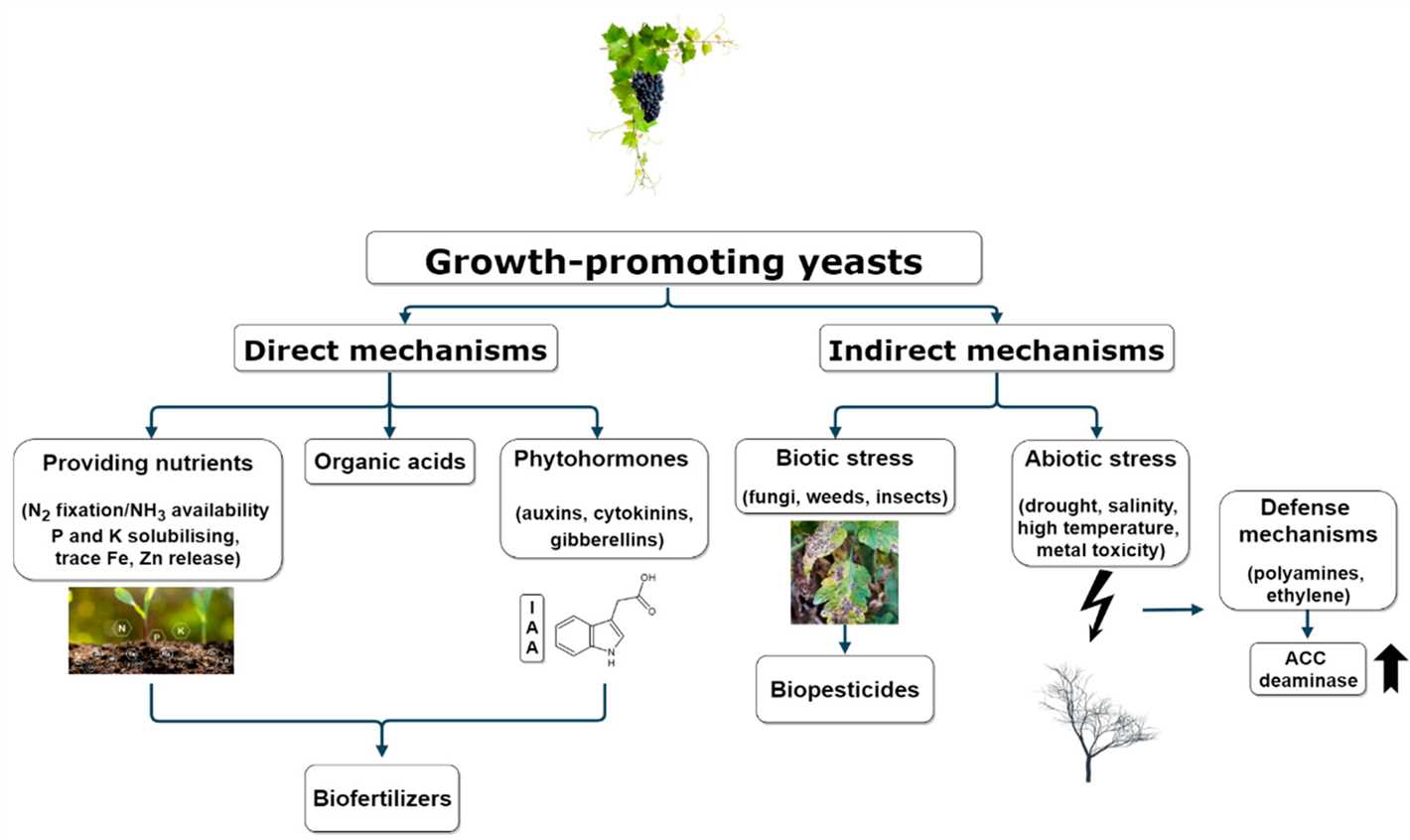
Chemical fertilizers have long been used to enhance plant growth and increase crop yields. However, their use comes with several disadvantages, such as environmental pollution, soil degradation, and health risks for humans and animals.
An environmentally friendly alternative to chemical fertilizers is yeast solution, which offers numerous benefits for plants while minimizing harm to the environment. Yeast solution is a natural and organic product that contains beneficial microorganisms, essential nutrients, and growth-promoting substances.
Benefits of Yeast Solution
- Promotes plant growth: Yeast solution contains beneficial microorganisms that stimulate root development and improve nutrient uptake, leading to enhanced plant growth and productivity.
- Boosts plant immunity: The active ingredients in yeast solution can activate the plant’s defense mechanisms, making it more resistant to pests, diseases, and environmental stresses.
- Improves soil health: Yeast solution stimulates the activity of beneficial soil microorganisms, which enhance soil fertility, structure, and nutrient cycling.
- Reduces chemical inputs: By using yeast solution as a growth stimulator, farmers can reduce their reliance on chemical fertilizers and pesticides, minimizing their impact on the environment and human health.
- Sustainable and cost-effective: Yeast solution is a sustainable and cost-effective alternative to chemical fertilizers, as it can be produced locally using readily available raw materials.
Application of Yeast Solution
Yeast solution can be applied to plants through various methods:
- Foliar spray: Dilute yeast solution with water and spray it onto the leaves of plants. This method allows for the direct absorption of nutrients and active ingredients by the plant.
- Soil drench: Mix yeast solution with water and apply it to the root zone of plants. This method promotes the colonization of beneficial microorganisms in the soil and enhances nutrient availability.
- Seed treatment: Soak seeds in yeast solution before planting to improve germination, seedling vigor, and early root development.
- Compost activator: Add yeast solution to compost piles to accelerate the decomposition process and increase nutrient availability in the resulting compost.
Conclusion
Yeast solution offers a sustainable and environmentally friendly alternative to chemical fertilizers. By harnessing the power of beneficial microorganisms and growth-promoting substances, yeast solution promotes plant growth, boosts immunity, and improves soil health. Its application methods are versatile and can be easily integrated into existing agricultural practices. By adopting yeast solution as a growth stimulator, farmers can contribute to a healthier environment and sustainable agriculture.
“Question-Answer”
How does yeast solution work as a growth stimulator?
Yeast solution contains essential nutrients and growth factors that promote plant growth by stimulating cell division and increasing nutrient uptake. It also releases hormones that stimulate root development and enhance the overall health of the plant.
What benefits does yeast solution provide to plants?
Yeast solution acts as a growth stimulator and plant immunity booster. It enhances root development, increases nutrient uptake, promotes better overall plant health, and improves resistance to diseases and pests.
Can yeast solution be used on all types of plants?
Yes, yeast solution can be used on a wide variety of plants including vegetables, fruits, ornamental plants, and flowers. It can be applied to both indoor and outdoor plants, making it a versatile solution for all types of plant growth.
How should yeast solution be applied to plants?
Yeast solution can be applied through foliar spraying, root drenching, or seed soaking. For foliar spraying, it is recommended to dilute the yeast solution with water and spray it on the leaves. For root drenching, the solution can be poured around the base of the plant. Seed soaking involves soaking the seeds in the yeast solution before planting.
Are there any precautions or side effects when using yeast solution?
Yeast solution is generally safe for plants and does not have any major side effects. However, it is important to follow the recommended dosage and not exceed the recommended concentration. Excessive use of yeast solution can lead to nutrient imbalances and may harm the plant’s growth.
How long does it take to see the effects of yeast solution on plant growth?
The effects of yeast solution on plant growth can vary depending on the type of plant and the application method. In general, noticeable improvements in growth and health can be observed within a few weeks of regular application.
Can yeast solution be used as a substitute for chemical fertilizers?
While yeast solution can provide nutrients and stimulate plant growth, it is not a substitute for chemical fertilizers. It can be used as a supplement to enhance the effectiveness of fertilizers and improve overall plant health, but it should not be relied upon as the sole source of nutrients for plants.
